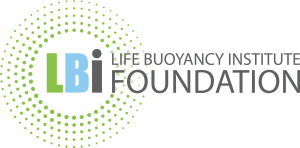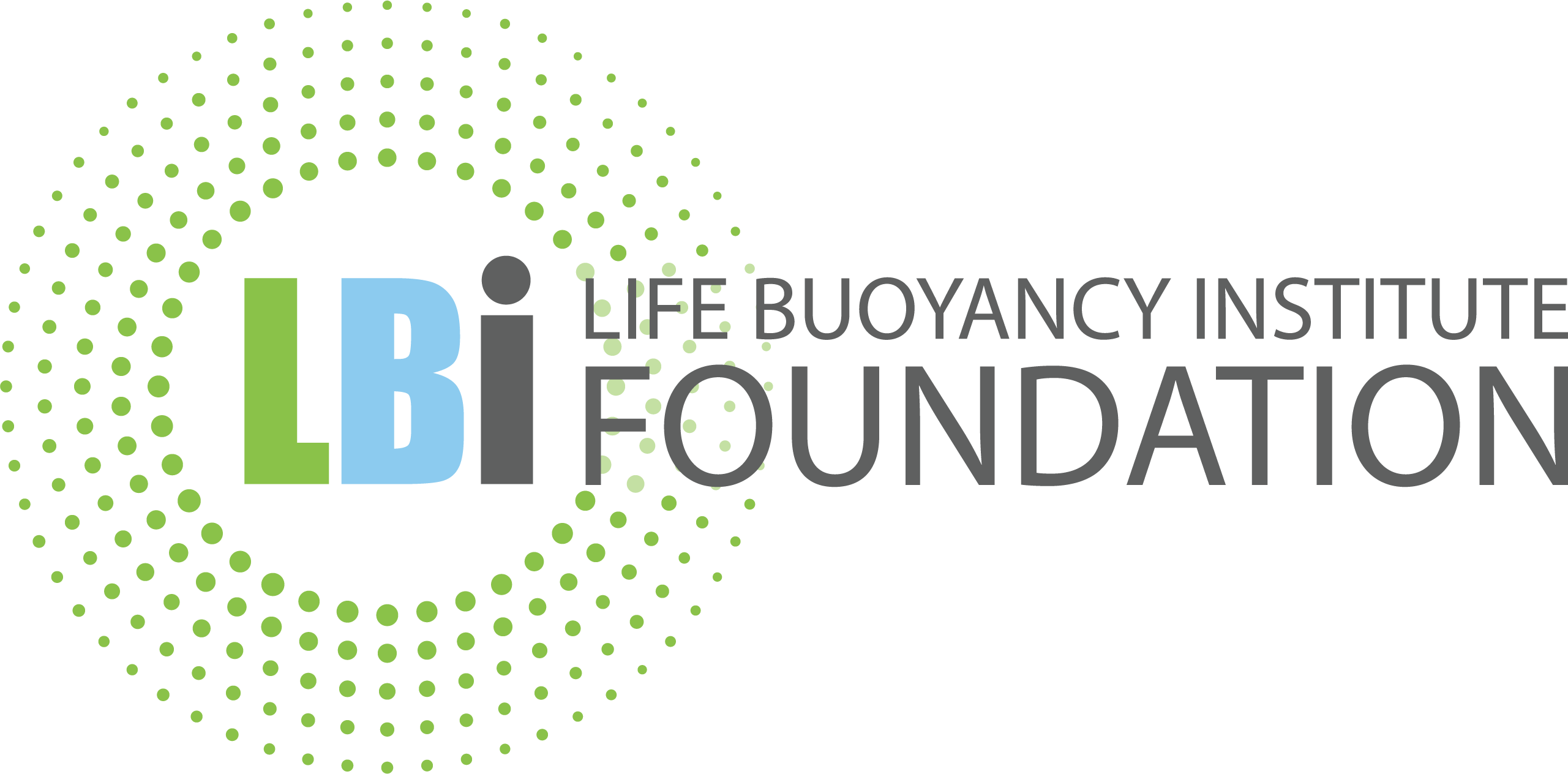Overview
This page is dedicated to South Australian secondary, primary and early learning centres who are seeking to understand in more detail how LBI Foundation partners with learning sites to build trauma-aware educational communities.
Our Approach
School Partnership with Multi-Disciplinary LBI Team
Principles
LBI offers schools a multi-disciplinary team (Community Lead, IMPACT Trainer, Psychologist) who partners with the school community in a co-designed capacity building initiative across an agreed 6-18 month period of time. This partnership is founded upon these principles:
- Local Empowerment – local empowerment as the key driver of school and student change/growth.
- Embracing Complexity – acknowledging that both students and schools are complex and unique, and we need to bring innovation and personalisation to how students and schools are supported.
- Integration – ensuring the capacity building work integrates and strengthens local wellbeing, counselling and inclusion initiatives (and does not become siloed).
- Intentionality – everything is founded upon the approach and methods of intentional practice (including intentional moment-to-moment trauma-responsive practices).

‘Trauma-Aware School’ as a ‘Wellbeing and Trauma Responsive Educational Community’
- Understand the science of wellbeing, growth and trauma.
- Integrate this within their existing knowledge systems.
- Apply this through intentional actions (including responding to student needs, rather than reacting to behaviour).
- And co-create personalised wellbeing, growth and trauma solutions for individual and collective students, founded upon educators, families and students working together in “shared intent”.
- Has a detailed understanding of the science of wellbeing, trauma, growth and human development, as made practical for individual and collective students.
- Can intentionally respond (rather than react) to the individual growth, trauma, learning, developmental and healing needs of all students.
- Can intentionally scaffold a student’s growth through side-by-side coaching relationships and social-emotional learning, as mapped to student awareness, skills and mindsets associated with thriving outcomes.
- Are empowered to work side-by-side together with shared intent, and can co-construct shared wellbeing and growth solutions (Growth Action Plans) with the student’s voice, context and needs at the centrepoint of planning.
Service Offering for Primary and High Schools
Integrated Whole-Of-School Approach
All partner schools are provided a dedicated “Community Lead”. This experienced person works side-by-side with the site in the 12-18 month capacity building initiative (or as negotiated). This person will:
- Develop with the school leadership team the upfront 1-3 year implementation plan.
- Lead the co-design of the localised wellbeing framework.
- Provide overarching project management support.
- Provide wrap-around coaching support to the school leadership team.
- Be the point of contact for all capacity building initiatives and activities.
At the point of implementation planning, a dedicated psychologist and IMPACT Trainer will also be assigned to the school. LBI strive to have a continuity of support team members within whole-of-school capacity building initiatives.
The Community Lead will develop with the school leadership team the 1-3 year implementation plan drawing upon seven components from the Resilient IMPACT logic model. Resilient IMPACT captures LBI Foundation’s best-practice learnings across educational settings. This strategy will draw upon the suite of services from the IMPACT Program, with delivery supported by experienced psychologists and trainers.
The seven implementation plan components, including their intent, services and commitments over the 12-18 month period are detailed below.
7 Implementation Components, Services and Commitments
1. Local Wellbeing and Trauma Responsive Framework (Owned and Understood by School)
- To have a plan and framework in place to ensure that the trauma-responsive content can be integrated into the school community in a manner that strengthens existing wellbeing, inclusion and social-emotional learning initiatives (and does not become siloed).
- A communication and implementation plan is developed between LBI and the educational site in terms of the shared communication and intent for the capacity building initiative.
- Community Lead guides a 3 month co-design process to empower the school community to develop a local wellbeing-and-trauma responsive framework to cohesively integrate the science of trauma and wellbeing into the school community.
- Over the course of the term, there is a 3-hour co-design workshop between LBI and the school leadership, and then 3 x 45-60 minute follow-up coaching sessions to refine the model and plan.
2. Foundational Training
- To build foundational trauma content knowledge that will be deepened and extended across the 12-18 month capacity building initiative.
Delivery of these Specialist IMPACT Workshops for all staff members (by a psychologist).
- Trauma Awareness, Its Under the Surface Impact and Foundational School Responses (3-Hours)
- Trauma and Its Advanced Under the Surface Impact: A Toolbox of Intentional and Differentiated Strategies for Educators (3-Hours).
- A one-day workshop for all educators and site staff (to occur in second term of implementation).
- Or 2 x 3 hour half day workshops.
3. Side-By-Side Coaching and Support
- To support and empower educators to apply and embed trauma-responsive practices into their teaching and support practices.
- 15 x 90 minute follow-up coaching sessions that take the foundational IMPACT training into action, through the development of co-constructed Growth Action Plans for individual or collective students (for groups of 1-10 educators).
- This is scheduled to occur by zoom (or online), with face-to-face negotiable.
- 15 x 90 minute coaching sessions to small groups of educators (1-10 educators per coaching session) over a 12-15 month period (occurring after the foundational training).
4. Community Champions (IMPACT Coaches)
- Key site staff (e.g., wellbeing leaders, counsellors) are trained, supported and coached to be local Community Champions and are empowered to take on a side-by-side coaching role across the school community. They are accredited to the IMPACT Coach level.
4 site staff complete the following:
- 2-Day Advanced IMPACT workshop in Adelaide – this occurs twice yearly in Adelaide (or as required) – see Upcoming Events.
- Complete a 4-5 hour IMPACT Coach online accreditation process through https://online.impactprogram.net
- In third term of implementation, 4 site staff attend the Advanced IMPACT workshop (2-days), and then complete a 4-5 hour online reflective coaching activity.
5. Localised Embedding Tools and Strategies (Wellbeing or Community of Practice Projects)
- Key trauma and IMPACT content and methods is locally embedded within the school community through a co-designed strategy.
- 5 x 90 minute coaching sessions between Community Lead and key site or wellbeing leaders.
- Co-designed embedding strategy (e.g., localised projects, Growth Action Plans for students, community of practice) is delivered, as supported and made practical by IMPACT resources.
- Key site leaders engaged in 5 x 90 minute coaching and support sessions over a 12-15 month period.
6. Resource Library and Extension Workshops
- Speciality and extension content related to supporting students with complex needs is embedded across the school community on a needs or interest basis. This includes intentionally delivered social-emotional learning content tailored to specific student needs and context.
- Educators and families have free access to all ‘green’ 3-hour workshops on the webpage Upcoming Events for the period of engagement (9 per calendar year). This includes modules that will enable new site staff to be inducted into foundational trauma content (see Foundations of Trauma-Responsive Practice), thus will not be left behind in the whole-of-school initiative.
- IMPACT Coaches have full member access to IMPACT Online and are drawing upon resources to support and empower educators embed the science of wellbeing and trauma across their community, and deliver targeted IMPACT based social-emotional learning content for students. This work is supported and coached by the LBI Community Lead.
- Access to resources at IMPACT Online and educator engagement with free workshops is done on a needs and interest basis.
7. Participatory Evaluation and Monitoring
- A participatory or school-led review and monitoring process is put around the implementation, with an end-of-project process and impact evaluation.
- The Community Lead and school leadership team meet on a needs basis to review and refine the implementation strategy.
- An end of project Most Significant Change evaluation process is conducted in partnership between LBI and school. LBI will summarise this in a brief report.
- It is envisaged that the school leadership team and LBI Community Lead will meet and review progress on a term-by-term basis (approximately 60 minutes per term).
- The Most Significant Change evaluation will require about 20 minutes of time from all educators, and 60 minutes for all site leaders.
Service Offering for Early Learning Centres
All Early Learning Centres are provided a dedicated IMPACT Trainer (psychologist), who works side-by-side with the school community over a 6-12 month period (or as negotiated). This person will:
- Negotiate and co-design the implementation strategy.
- Deliver the foundational training on trauma-responsive practice.
- Conduct the embedding and deepening coaching sessions.
This capacity building will draw upon the following 3 key implementation components.
3 Implementation Components, Services and Commitments
1. Upfront Implementation and Positioning Plan
- To have a shared plan and communication messages to ensure that the trauma-responsive content can be positioned and integrated into the early learning centre in a manner that strengthens existing wellbeing, inclusion and social-emotional learning initiatives.
- A 60 minute zoom consultation to understand the needs and context of the local site, and to develop a shared intent for implementation. Followed up with documented positioning and implementation plan.
- Minimum 2-3 hour leadership commitment in liaising with LBI and local staff team prior to starting the foundational training.
2. Foundational Training
- To provide the early learning centre with foundational content on trauma, its impact on early development, and how to intentionally respond (rather than react) to children with backgrounds of trauma (and complexity) in a developmentally and trauma-responsive manner.
Delivery of these Specialist IMPACT Workshops for all educators (by a psychologist) over a full-day.
- Trauma Awareness, Its Under the Surface Impact and Foundational School Responses (3-Hours)
- Trauma and Its Advanced Under the Surface Impact: A Toolbox of Intentional and Differentiated Strategies for Educators (3-Hours).
- One-day training for all educators and site staff. Can be delivered over 2 x 3 hour sessions, as negotiated.
3. Embedding Coaching and Extension Specialist Workshops
- To empower and support the early learning centre to embed and apply the trauma content for individual and collective students.
- 5 x 90 minute follow-up coaching sessions with small groups of educators that take the foundational training into action, through the development of co-constructed Growth Action Plans for individual or collective children.
- This is scheduled to occur by zoom (or online), with face-to-face negotiable.
- Early learning centre receives a documented Growth Action Plan after the conclusion of the coaching session to guide their intent and support for children.
- Early learning centre educators and families have access to LBI’s online workshops (see ‘green’ workshops in Upcoming Events) for a period of the contracted engagement.
- 5 x 90 minute coaching sessions for small groups of educators (1-10 per group).
Further Information
We would value the opportunity to have a face-to-face or zoom meeting with interested schools to detail how LBI’s service offerings may strengthen and add value to your local educational community.
We offer these links for further information on the finer details and impact of LBI’s work across education.
- What is a wellbeing and trauma responsive community?
- What are trauma responsive practices?
- Understanding the IMPACT Program (https://impactprogram.net).
- Resilient IMPACT implementation strategy for educational contexts.
- Community stories and case studies of work across South Australian schools.
- Research and evidence for our work across education.








